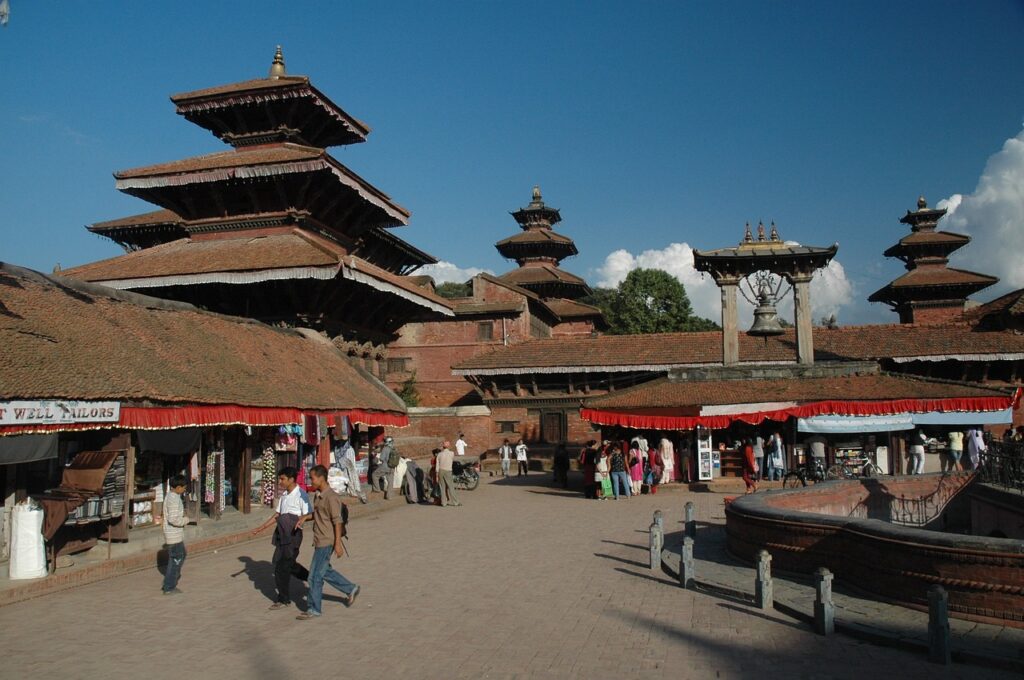
Essay on Asar 15, Rice Plantation Day
Write a couple of paragraph on the topic "Rice Plantattion Day" in about 250 words.
Asar 15: Celebrating Rice Plantation Day in Nepal
Asar 15, also known as Rice Plantation Day or Dhan Diwas, is a significant agricultural festival celebrated with great enthusiasm across Nepal. Falling in mid-June, this day marks the beginning of the monsoon season and the critical period for planting rice, which is the staple food for the majority of Nepalese people. Asar 15 holds cultural, social, and economic importance, reflecting the deep-rooted agrarian traditions of Nepalese society.
Cultural Significance
The celebration of Asar 15 is steeped in tradition and cultural heritage. On this day, farmers across the country gather in their fields to transplant rice seedlings, an activity that requires the entire community’s participation. The fields come alive with the sounds of traditional songs and music. Men, women, and children work together, transforming the usually quiet countryside into a lively, bustling scene. This collective effort is not only about planting rice but also about strengthening community bonds and honoring the agrarian way of life.
Festivities and Traditions
Asar 15 is characterized by joy and festivity. Farmers and their families dress in traditional attire and participate in playful activities in the muddy fields. One of the highlights of the day is the tradition of splashing muddy water on each other, which symbolizes the hope for a prosperous harvest and the joy of working together. This playful act also brings relief from the hard work and heat, adding an element of fun to the laborious task of rice planting.
Special foods are prepared and shared among families and neighbors. A traditional meal of curd and beaten rice, known as “dahi chiura,” is particularly popular on this day. This meal is believed to bring good luck and energy to the farmers as they toil in the fields. The sharing of food enhances the sense of community and togetherness, emphasizing the cooperative spirit of Asar 15.
Economic Importance
Rice is the staple food for most Nepalese, making its cultivation crucial for the country’s food security and economy. Asar 15 marks the beginning of the monsoon season, which provides the much-needed water for rice paddies. Successful planting on this day is seen as an auspicious start to the farming season, with hopes for a bountiful harvest. The productivity of this season directly impacts the livelihoods of millions of farmers and the overall economy of Nepal.
The rituals and practices of Asar 15 also highlight sustainable farming methods passed down through generations. Traditional knowledge and techniques, such as the timing of planting and the methods of irrigation, are vital for successful rice cultivation. By celebrating Asar 15, these practices are preserved and passed on to younger generations, ensuring the sustainability of rice farming in Nepal.
Social and Environmental Aspects
Beyond its economic and cultural dimensions, Asar 15 also has social and environmental implications. The festival fosters a strong sense of community, as people come together to work and celebrate. It strengthens social bonds and promotes cooperation and mutual support among farmers. This collective effort is essential in rural areas, where community solidarity is vital for coping with agricultural challenges.
Environmentally, Asar 15 emphasizes the importance of the monsoon and natural water sources for agriculture. It serves as a reminder of the codependence between humans and nature. The festival encourages respect for natural resources and highlights the need for sustainable farming practices that protect and preserve the environment.
Conclusion
Asar 15, or Rice Plantation Day, is a vibrant and significant festival in Nepal. It celebrates the beginning of the rice planting season with a blend of hard work, joy, and tradition. The day underscores the cultural, economic, and social importance of rice farming in Nepalese society. By bringing communities together and fostering a spirit of cooperation, Asar 15 reinforces the agrarian roots of the country and highlights the enduring relationship between people and the land. This festival is a testament to the resilience and unity of Nepalese farmers, who continue to uphold their traditions while working towards a prosperous future.

